Understanding Appliance Safety
Ensuring the safety of your appliances is crucial to protect your home and loved ones from potential hazards. Understanding the importance of appliance safety and being aware of the risks of ignoring safety precautions are fundamental aspects of responsible appliance ownership.
Importance of Appliance Safety
Every year, thousands of home electrical fires occur in the United States, with a significant number of these incidents being preventable. According to the United States Consumer Product Safety Commission, 31,000 home electrical fires are reported annually, resulting in over 180 cases involving electrocution or electricity-related incidents that could have been avoided.
Faulty or damaged wiring, along with related electrical equipment, are major contributors to electrical fires in homes. The National Fire Protection Association highlights that 69 percent of electrical fires are caused by issues such as damaged wiring, lamps, light fixtures, cords, plugs, transformers, and other power supplies.
To enhance the safety of your appliances, it is crucial to ensure that your outlets are not overloaded. Checking all outlets regularly to ensure they are cool to the touch, have protective faceplates, and are in proper working order can significantly reduce the risk of electrical problems in your home (Constellation).
Risks of Ignoring Safety Precautions
One of the common causes of electrical hazards in homes is damaged power cords. Damaged cords, if left unchecked, can lead to fires and pose a risk of electrocution. Regularly inspecting all power and extension cords for signs of fraying and cracking is essential. Promptly replacing or repairing damaged cords can help prevent potential hazards and ensure the safety of your household (Constellation).
Another simple yet effective practice for enhancing appliance safety is to unplug unused appliances. This not only reduces the risk of overheating and power surges but also promotes energy efficiency. By unplugging appliances when not in use, you can save energy and lower your electricity consumption, contributing to a more sustainable and eco-friendly living environment.
By understanding the importance of appliance safety and recognizing the risks associated with neglecting safety precautions, you can take proactive measures to safeguard your home, family, and investments. Implementing effective safety practices and adhering to appliance safety regulations can help prevent accidents and create a secure living environment for everyone.
Compliance and Certification
When it comes to ensuring the safety of your appliances, understanding the various compliance standards and certifications is essential. Here, we delve into two prominent organizations that play a significant role in setting industry standards for appliance safety: NSF International Standards and UL Solutions for Equipment Safety.
NSF International Standards
NSF International is renowned for establishing comprehensive standards for foodservice equipment to uphold hygienic design and food safety regulations. Manufacturers of NSF-certified products must adhere to rigorous guidelines to ensure the safety and quality of their equipment. To maintain certification, these manufacturers undergo yearly evaluations by NSF auditors.
NSF International places a strong emphasis on appliance safety regulations to guarantee that food equipment meets the highest standards of cleanliness and functionality. By investing in appliances that bear the NSF certification mark, you can be confident in the hygienic integrity and safety of the equipment in your home.
UL Solutions for Equipment Safety
UL Solutions, commonly known as UL, is a leading certification agency that focuses on ensuring the safety and reliability of equipment across various industries. Their team of engineers rigorously test both electrical and gas-fired food service equipment to verify compliance with stringent safety standards.
UL places utmost importance on evaluating the soundness of design, electrical safety features, and structural integrity of appliance safety labels. By obtaining UL certification, manufacturers demonstrate their commitment to producing appliances that meet the highest safety standards, giving consumers peace of mind when using these products in their homes.
By familiarizing yourself with organizations like NSF International and UL Solutions, you can make informed decisions when selecting appliances for your household. Prioritizing safety standards not only protects your family and property but also contributes to energy efficiency and sustainability practices – creating a safe and environmentally conscious living environment for all. If you’re looking for practical appliance safety tips and a comprehensive appliance safety checklist, check out our informative guides to enhance your appliance maintenance and safety procedures.

